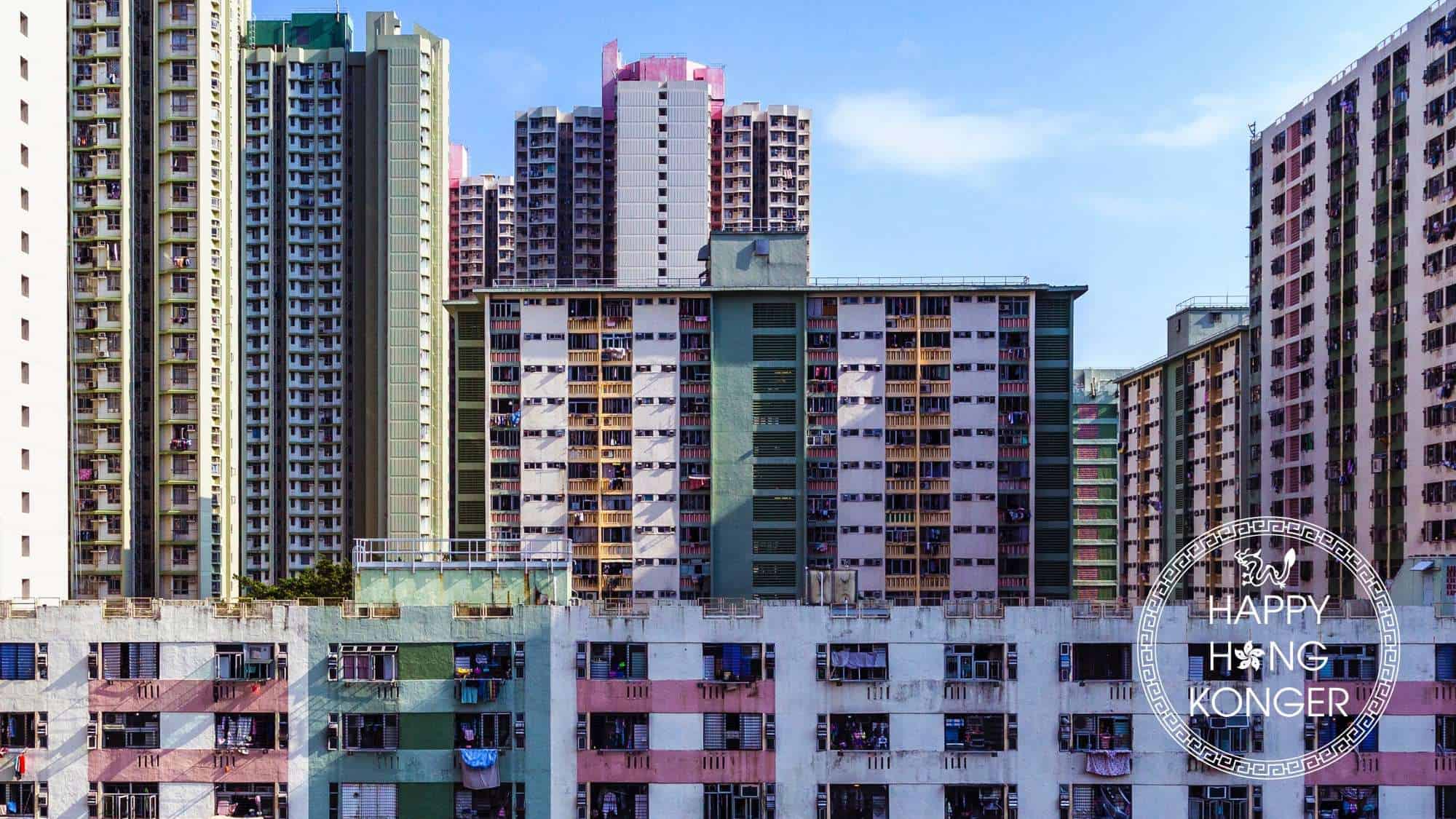Categories > Guides and Tips

How much does it cost to own property in Hong Kong?
- What is the average cost of a house in Hong Kong?
- Properties at Hong Kong Island
- Properties at Kowloon
- Properties at New Territories
- What factors affect the cost of houses in Hong Kong?
- Scarcity of Land
- High Demand
- Increasing Interest Rates
- How do housing prices in Hong Kong compare to other places in the world?
- What is the potential future of housing prices in Hong Kong?
- What could be the reason behind the potential decrease of housing prices in Hong Kong in the future ?
Beneath the glamorous image that everyone has of Hong Kong, there lies a growing concern about the insane property prices in the city. In fact, it’s one of the problems in Hong Kong that need urgent solutions.
In this article, we dive into Hong Kong’s housing market. You’ll learn what buying a property in the city costs, what factors affect the skyrocketing prices, and more.
What is the average cost of a house in Hong Kong?
The average cost of a house in Hong Kong varies by property size and location. For a palace less than 40 sqm, it’s HK $164,716 in Hong Kong Island, HK $137,774 per sqm in Kowloon, and HK $132,142 per sqm in New Territories.
Below, we also discussed the prices of other sizes per square meters, since different sized properties are also priced differently.
Do note that all of this information is based on the data allocated by the Global Property Guide in May 2023.
Properties at Hong Kong Island
A property under 40 sqm at Hong Kong Island is roughly HK $164,716 per sqm. Meanwhile, a 40 to 69.9 sqm apartment in Hong Kong costs around HK $162,685 per sqm.
A 70 to 99.9 sqm property would likely amount to HK $196,266 per sqm, while the 100 to 159.9 sqm ones would cost around HK $230,570 per sqm.
Properties larger than 160 sqm are generally priced at HK $242,857.
Properties at Kowloon
At Kowloon, the prices of the properties are quite cheaper than at Hong Kong Island, for obvious reasons. However, because of the city’s housing crisis, it’s still relatively expensive compared to neighboring cities.
A property smaller than 40 sqm costs about HK $137,774 per sqm. When it comes to houses around 40 to 69.9 sqm however, it leaves us with an average of HK $146,596 per sqm.
Meanwhile, a 70-99.9 sqm space can cost about HK $158,717 per sqm with the 100-159.9 sqm properties being priced at an average of HK $197,112 per sqm.
Properties bigger than 160 sqm would roughly amount to HK $188,342 per sqm.
Properties at New Territories
Property costs at New Territories are the cheapest out of the bunch. That said, it’s just what you would expect – still quite costly.
A space smaller than 40 sqm would cost around HK $132,142 per sqm. Whereas 40 to 69.9 per sqm properties are priced at HK $125,412 per sqm.
Additionally, 70-99.9 sqm properties are usually at around HK $136,041 per sqm, while 100-159.9 ones are about HK $121,074 per sqm.
That leaves us with properties bigger than 160 sqm averaging at the price of HK $125,519 per sqm.
What factors affect the cost of houses in Hong Kong?
There are numerous factors that affect the cost of houses in Hong Kong. The three key ones are the scarcity of land, the high demand for housing, and regularly increasing interest rates.
We expand on this further below.
Scarcity of Land
The cost of houses in Hong Kong is greatly affected by the city’s lack of land that can be further converted into housing. Because of this, property prices in the city have hit stratospheric heights, making land and property ownership unaffordable for a lot of individuals in Hong Kong.
High Demand
Scarcity of land isn’t the only driving factor to the exorbitant pricing of the properties in Hong Kong. There’s also high demand worsening the situation.
With the city also experiencing overpopulation, this only adds to the problem of insufficient land for housing, leading to ever higher purchase and rental prices for properties.
Increasing Interest Rates
According to a report by Capital, The Hong Kong Monetary Authority or HKMA has been escalating its policy base rate since March of 2022, much like the US.
Because of the decision of the US Federal Reserve to move forward with this, when compared to other currencies, the US dollar is a lot stronger now.
To block an outflow of funds from the Hong Kong Dollar to the US dollar, the HKMA increased its base rate to 4.25% in November 2022. In March the next year, it became 0.75%.
How does that affect the property prices in Hong Kong, you ask?
Well, it’s because of Hibor, Hong Kong’s interbank rate. Hibor’s rate used to be less than 1%. A few months after the same year, it soared to 5.11% because of the increased policy base rate by HKMA.
The problem starts because a lot of Hong Kong’s mortgage rates are connected to Hibor, which of course caused an increased interest rates for properties in the city.
How do housing prices in Hong Kong compare to other places in the world?
When compared to other places in the world, housing prices in Hong Kong are still high. In fact, it’s one of the most expensive places in the world to buy property.
To paint you a picture, it’s more expensive to invest on a property in Hong Kong compared to other places like New York, Singapore, Los Angeles, and Sydney all of which are known for their high standards of living.
What is the potential future of housing prices in Hong Kong?
A lot of studies and theories are saying that housing prices in Hong Kong could potentially decrease. In fact, based on Centaline Property Agency’s data, the property prices have dropped 13% compared to last September 2022.
Additionally, as per forecast analysts Goldman Sachs, it’s expected for Hong Kong to experience a 20% drop in property prices that can be seen in the following years.
What could be the reason behind the potential decrease of housing prices in Hong Kong in the future ?
A few probable reasons behind potential decreases in housing prices in Hong Kong are the decline in numbers of people getting married, unpredictable stock market, and the significant number of people from Mainland China leaving the city.





